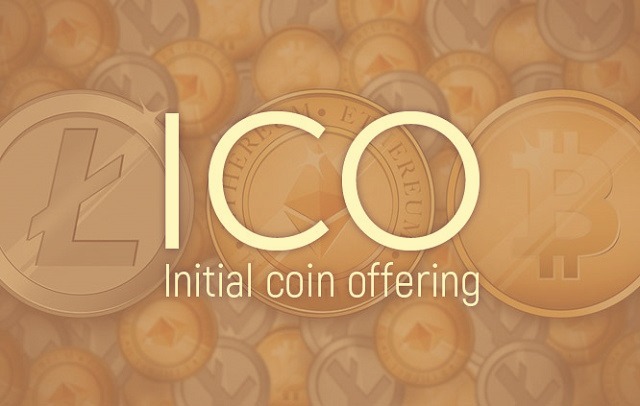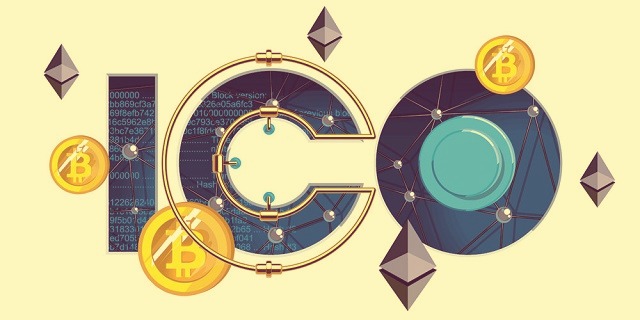The abbreviation ICO means Initial Coin Offering, that is the placement of coins or tokens. During the ICO, the project team sells digital tokens for popular cryptocurrencies or fiat money among investors. Later, these coins can be used on the project platform as an internal currency or traded on exchanges at a higher price. By coin offering, the project attracts the funding needed to launch or develop.
As a rule, ICO is carried out in the early stages of the project existence, before creating their full-fledged infrastructure. The raised funds are used to finance the final stage of crypto project development, its promotion and long-term support.
ICO is a crypto analogue of an IPO
Initial coin offering represents a valid alternative to traditional crowdfunding approaches in the financial sector, like an IPO, which stands for Initial Public Offering. In an IPO, companies sell their shares on a stock exchange. Typically, IPOs are an expensive process in both time and money; they can take up to 6-12 months to complete. At the same time, investors can expect a high entry level investment. Therefore, mostly large companies could hold their initial public offering and equally large investors could invest in their shares.
Companies raising funds via ICO provide a blockchain equivalent to a share: a cryptocurrency token. Startups kick start the ICO process by establishing the blockchain and set up of protocols and rules, mostly on paper. Entrepreneurs and companies that are not even involved in the IT sphere can simply and quickly create their own ICO. They just need to figure out how to implement blockchain technology in their project. After all, blockchain technology can make life easier. For example, some trading company can create an Internet platform and purchase goods on more favourable terms at the expense of the company’s tokens.
Distinctive features
However, unlike an IPO where the investor receives shares (usually equity) in exchange for capital invested, ICOs distribute internal cryptocurrency to investors in exchange for financing. Also, ICO investors have no legal claim on assets in the case of the company liquidation. There were cases when companies were collecting funds, but never released their product. When financial regulators define the legal status of ICO, the situation may change for the better.
So far, you have to carefully study the projects when investing large sums in them, as well as pay close attention to the development team. You can minimise the risks by investing small amounts of money in ICOs. This is possible due to the fact that the token price could be less than a dollar after the launch. This is another main difference between ICO and IPO – any person can become an investor, he only needs to create a crypto wallet, deposit any amount of money and wait for the start of token sales. Thus, company tokens can be purchased in a couple of clicks.
Because of the blockchain, companies have the opportunity to attract investments for their ideas in a simple way, without having to sell company shares. The fact is that the ICO sphere is too young, laws are not fully formed, and as a result, there is a large percentage of scammers or dishonest startups. So, all this is based only on the reputation of the people behind the cryptocurrency project and the trust of users who are ready to become investors.


 Telegram
Telegram 
